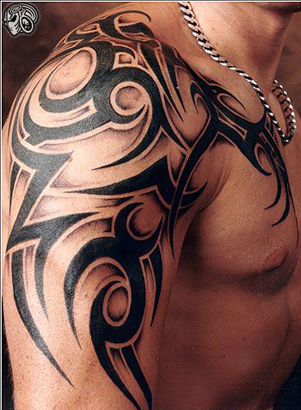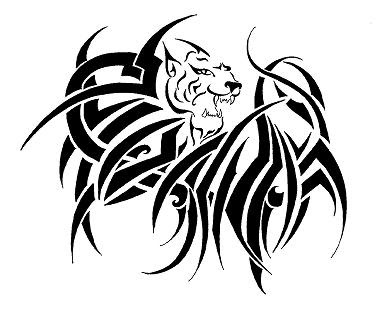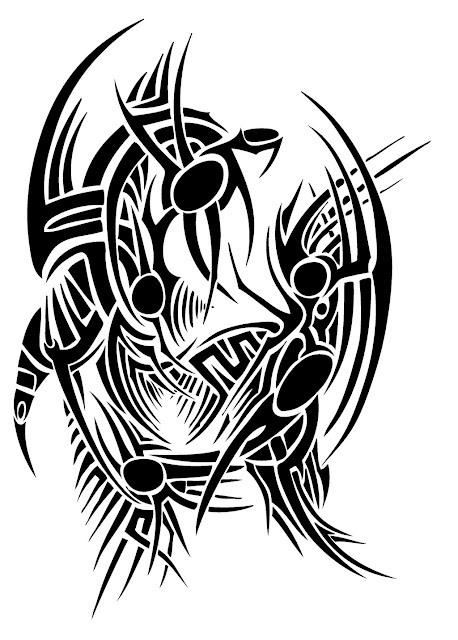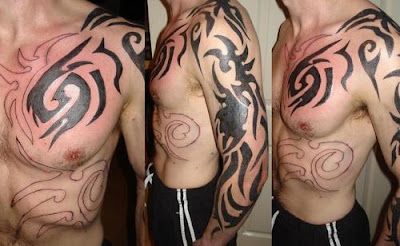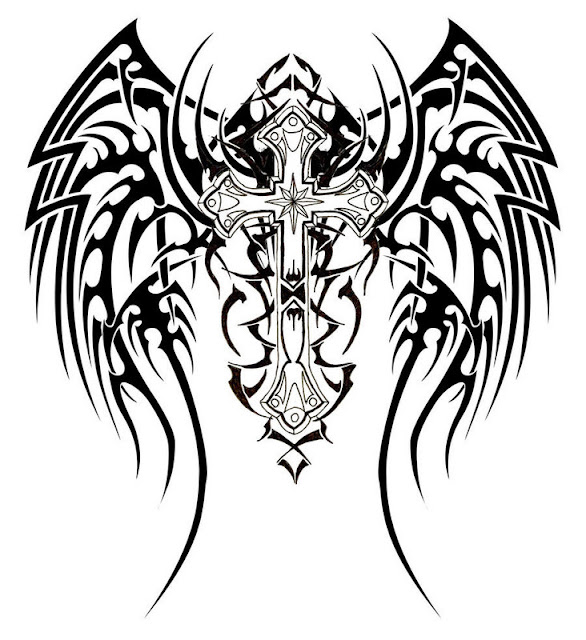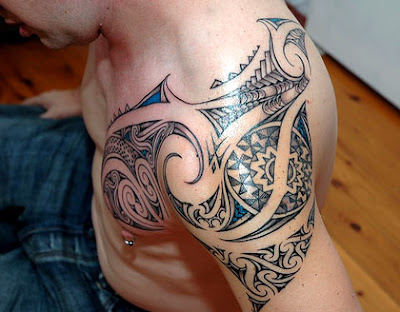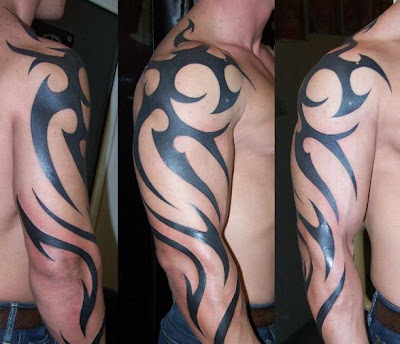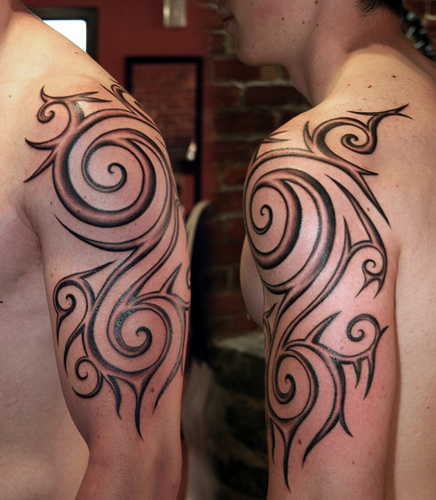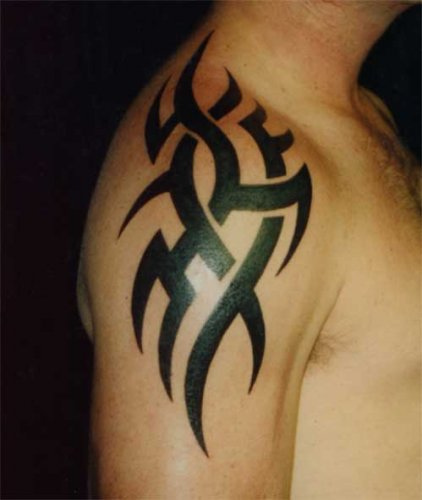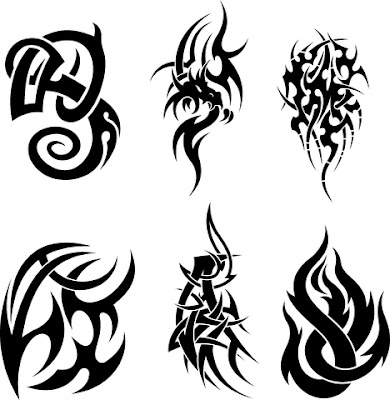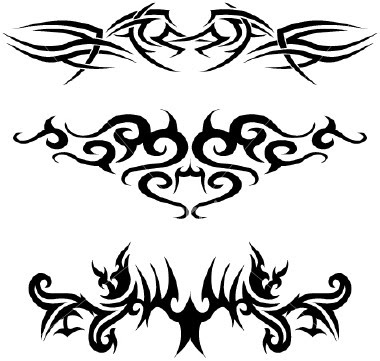While tribal tattooing has a history as far back as tattooing itself, these types of images have gained a huge increase in general popularity, beginning in the early 1990s. Traditional tribal tattooing was (and is) done for many reasons. Some of the most common reasons for tribal tattoos include rites of passage, social status, or even simple family identification. Some tribes also believe tattoos hold magical or spiritual significance. Of course, there are also instances where tribe members get tattooed simply for aesthetic reasons. Some of the most well-known variations of tribal tattoos come from tribes from Borneo, the Polynesian Islands, the Maori, Native Americans, and Celtic tribes. Tattoos of Chinese and Japanese characters have also become very commonplace among Westerners.
One common thread throughout both traditional and modern tribal tattoos is the use of black ink and bold designs. While modern tattooing equipment and inks have made possible the finest and most detailed of body art, traditional tribal tattoo artists certainly had no such equipment available. Therefore, every tribe had its own method of administering their tattoos, some being more painstaking and/or painful than others. In many tribes, the process of tattooing was in itself considered a ritual, and the inherent pain involved considered an integral part of that ritual. These days, tattoos are almost always done using modern equipment, which is much faster and less painful than the old ways. However, many current tribe members, and even outsiders, choose to have their artwork administered by the traditional methods.
Tribal tattoos have their roots in ritual, symbolism and spirituality, but most modern types of this artwork are done more for aesthetic reasons. The images have a common appeal, and because the freedom of design is so open, it's not necessary to get actual traditional tribal imagery tattooed to have the impact of a tribal design. Though the artwork may have a personal significance to the person receiving it, it's more likely due to personal experience rather than any actual symbolism or tribal affiliation.
